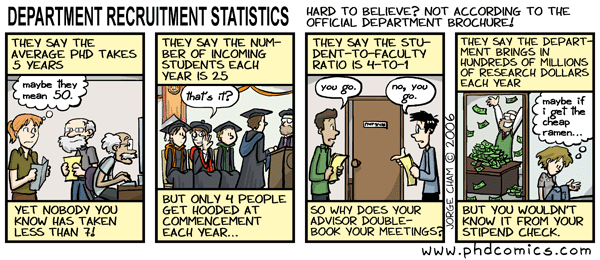- Joined
- Feb 14, 2009
- Messages
- 16
- Reaction score
- 0
Im a recent matriculant into an MD/PhD program and thought I'd offer some advice. I know when I applied, I made the mistake of taking out the MSAR, and pretty much going down and applying to all the top rated schools. Many times schools that are prestigous for medicine can have shabby MD/PhD programs. This isnt the case all the time, many of the MSTP programs are at well known schools and are very good, but some schools have an MD/PhD simply to have one, and many times schools dont put a lot into it. I just figured I'd throw that out there. The school I am currently at was a school I applied to just because I had some family ties to the area and didnt have any intention on going there and in the MSAR, it had a rather low ranking. It turned out being probably my favorite school after interviewing and I thought it had one of the best facilities that I saw and it was a very ambitious program. Keep an eye out for good schools with programs and less prestigous schools with good programs. Well, thats my two cents.

